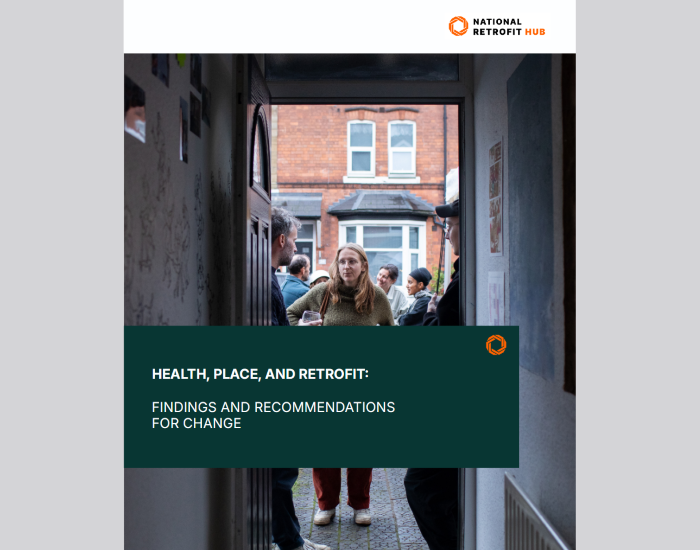The Building Safety Act, which was given royal assent yesterday, is already having a big impact on our industry, according to the Building Engineering Services Association (BESA).
The secondary legislation needed to turn the main proposals of the Act into specific legal measures are already in draft form and will provide the detailed actions required over the next year to 18 months.
However, BESA believes the ‘culture change’ demanded by Housing Minister Michael Gove and other leading political figures is already having an influence on the sector.
The Act covers all work that needs to be notified under the Building Regulations. There is a widely held misunderstanding that that the new laws are only for high-risk buildings. In fact, they cover everything apart from DIY work, the Association explained.

The legislation is also very focused on naming individuals who can be held legally accountable for actions and omissions in planning, procurement, and operation of buildings. Each building will have an ‘accountable person’, who must also be able to “plan, monitor and manage” work.
Under the legislation, the client has responsibility for appointing competent firms, but contractors must also be honest about their ability to carry out the work they are being appointed to do. This means firms must be able to provide evidence that they were competent to complete a piece of work should there be a subsequent legal action.
The new Building Safety Regulator, already appointed and supported by the Health & Safety Executive (HSE), will be carrying out in-depth reviews of 12,500 ‘high risk’ buildings over the next five years to look for failings retrospectively. Those retrospective powers can also be used to look into problems on projects already complete and currently underway – hence the need for high standards of work now and not at some indeterminate date in the future.
“Industry bodies, like BESA, are aware of the impact on responsibilities under the new regime, which is why we have been signposting these changes for some time,” said the Association’s legal and commercial director Debbie Petford.
“Our members are well briefed, but there is more to do so we will continue providing legislative updates and advice alongside the technical guidance and standards needed to be compliant.”
One critical issue BESA has been studying is around changes made to the design during a project. For example, if the product supplier makes a change to a specification they are automatically designated as ‘a designer’ for the purposes of the legislation and subject to a different level of liability. Similarly, if the contractor changes the product from what has been specified, they are deemed to have made a material change to the specification and must, therefore, be able to defend that position if there is a problem in the future.
This is deliberately included in the legislation to address historic problems caused by pressures on pricing forcing value engineering without proper regard to the impact on the whole design and therefore safety, according to Petford.
The Act seeks to extend the defects liability period from six to 30 years. This has been welcomed by consumer groups as it would have prevented the scandal of homeowners having to pay for remedial fire safety work that was not their fault.
However, it is already pushing up the cost of public indemnity (PI) insurance for contractors and led to some insurers threatening to abandon construction completely because of the increased level of risk. BESA believes it should be possible to find a compromise that would still deliver the government’s aims on safety and compliance while allowing insurance providers to keep premiums at a reasonable level.
“The new competence framework being created to underpin the new legislation will be key,” said Petford. “This will require each profession linked to construction to clearly define what is meant by competence and refresh that definition regularly to keep pace with changing professional standards.
“This will create a vital new role for CPD (continuous professional development) and the way our industry provides evidence of competence and compliance criteria, such as the Competence Assessment Standard that underpins BESA membership.”
As a result, the professional credentials of firms bidding for work will be more closely scrutinised making it easier for clients to judge a contractor’s competence to carry out the work.
“This should help to reassure insurers that work is being carried out to the required standard,” according to Petford.
“The Planning Gateways now being introduced will also give insurance firms the opportunity to review risks before the project is allowed to move onto the next stage. This will be key to minimising risk and, ultimately, delivering the outcome everyone wants: Safer and better buildings.”




















